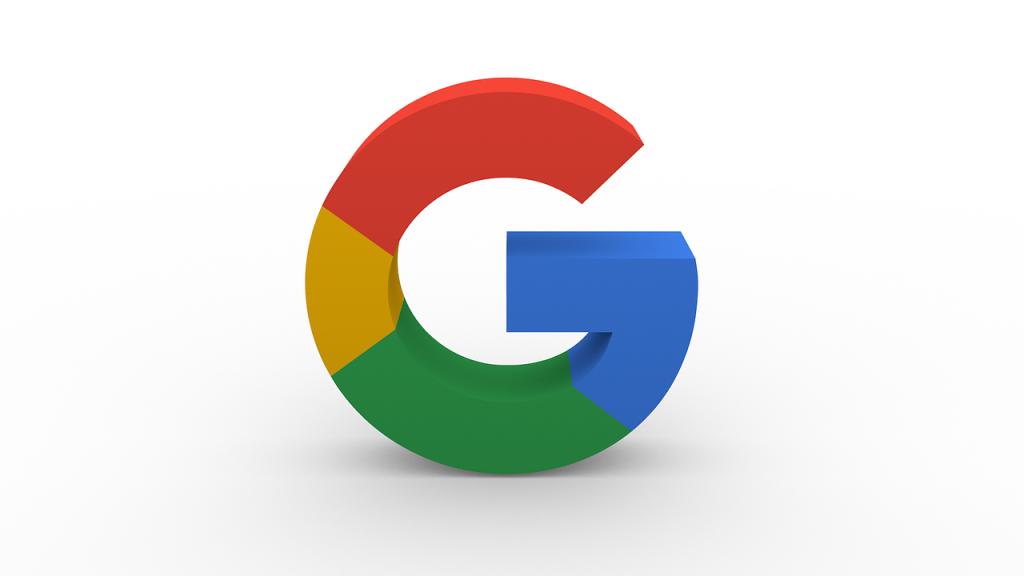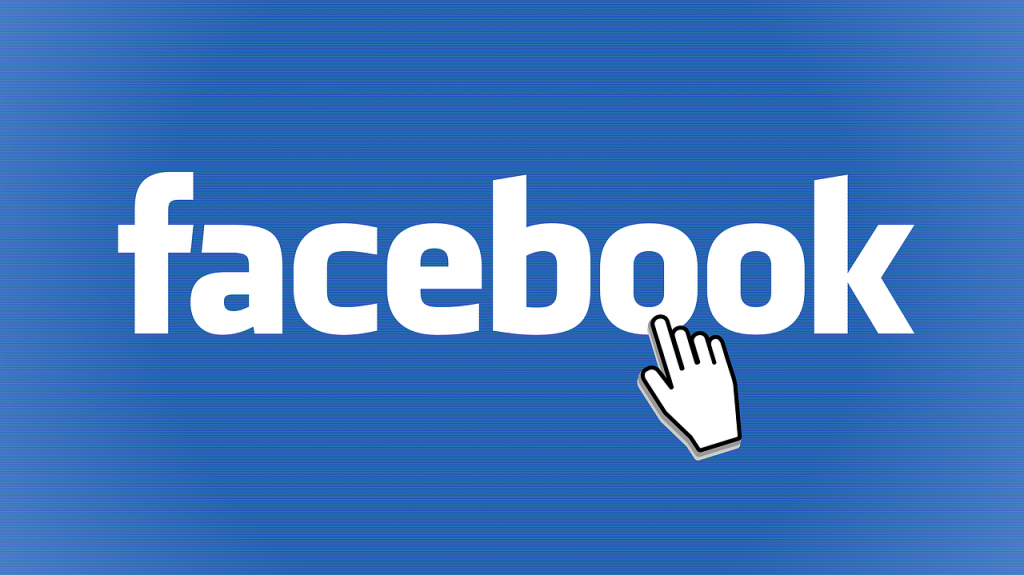Google strikes deal with the Australian media company, Seven West Media amid content payment row
The Australian government has been pushing the enforcement of a law to compensate local news media companies in the country. Amidst the tension between the government and tech giants like Google, Seven West Media became the first Australian company to land a deal with Google. The exact monetary value of this inked deal was not revealed but some sources from Seven West Media said that the deal is worth more than $30 million a year for the media company (The Sydney Morning Herald).
Seven West Media revealed this news on 15th February 2021 and it also mentioned that the company will provide content to Google for the Google News Showcase product. The news Showcase product of Google has been launched recently and the company is paying the local publishers for “certain behind-the-paywall articles” that will go up in this new product. The media company has also mentioned that the deal is a “long-term partnership” with Google but was vague with the exact numbers.
New law enforcement caused tension in January 2021
Last month, tension rose between the tech giant Google and the Australian government as the latter announced the enforcement of a new law. According to this new law which is called the News Media Bargaining Code, tech giants like Google and Facebook have to pay the small news publishers and media companies for content. In response to this new law, Google commented that if this law is enforced then the people of Australia will get barred from receiving quality news in Google.
The response of Google was not taken very politely by the Australian government, as in response to that comment, the Australian government mentioned they are open to any businesses who want to prosper in Australia but they won’t respond to any kind of threat. Since then, a lot of bargaining has been going on and finally the Australian leading media company, Seven West Media successfully landed a paid deal with Google.
Google-Seven West Media deal
Seven West Media is one of the most leading Australian media channels and the main source of metro newspapers in Perth, Australia. The new deal between the tech giant, Google and the Seven West Media mainly concerns the news that will be published in the Google News Showcase platform. The media company didn’t reveal any terms and conditions of the deal. But, the deal with Google also brings along the news of splitting partnership with News Corp and Nine Entertainment. These leading organizations have failed to reach an agreement with Google and backed laws that are supposed to be passed this week (Gadgets 360).

The newly launched product of Google, i.e., the Google News Showcase platform, has gone live in Australia this month. Till now, only some specialist Australian publishers and a newspaper have been able to successfully land a paid deal with Google for their content. Outside Australia, Reuters has successfully struck a deal with Google. In response to the newly inked deal with Google, Kerry Stokes, Chairman of Seven West Media has commented that this deal is a sign of how important is the value of quality journalism in the country, especially in regional areas. Mel Silva, CEO of Google Australia, said that the company is “proud to support original, trusted, and quality journalism” by bringing Seven West onboard for the new Google product.
Google made a small compromise
Today, we are witnessing a paid deal between Google and Seven West thus uplifting the local news publishers for quality content in Australia. But, last month, Mel Silva clearly mentioned in a parliamentary hearing that if the Australian government enforces this law Google search engines will pull out from Australia. The law said that if Google and a media company cannot strike a deal privately then a negotiator will be given the responsibility to set a fee. But, the deal between Google and Seven West shows that the tech giant made a little compromise from its side to thrive in Australia and not abandon quality news content due to this new law. Last month, Google was furious about the new law, but thinking from the perspective of the Australian government, it is trying to uplift the economic status of the local media publishers and help people value the power of good journalism.

Annasha Dey is an NIT student, who apart from studying engineering is also a content writer. She has a great interest in photography, writing, reading novels, and travelling as well. She is a foodie who loves socializing and hanging out with her friends. She is also a trained Kathak dancer and a big fashion enthusiast. Dey also loves watching TV series, which includes F.R.I.E.N.D.S. and Big Bang Theory. To be a better writer she prefers to read more



